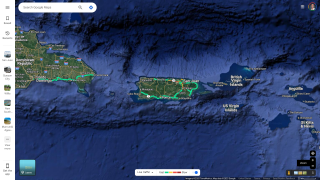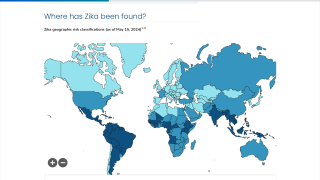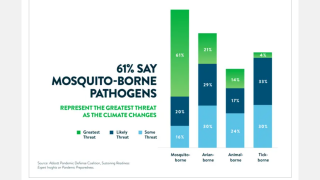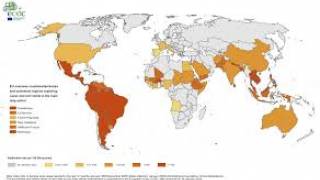South America's Zika Outbreaks Disrupt Summer Vacations
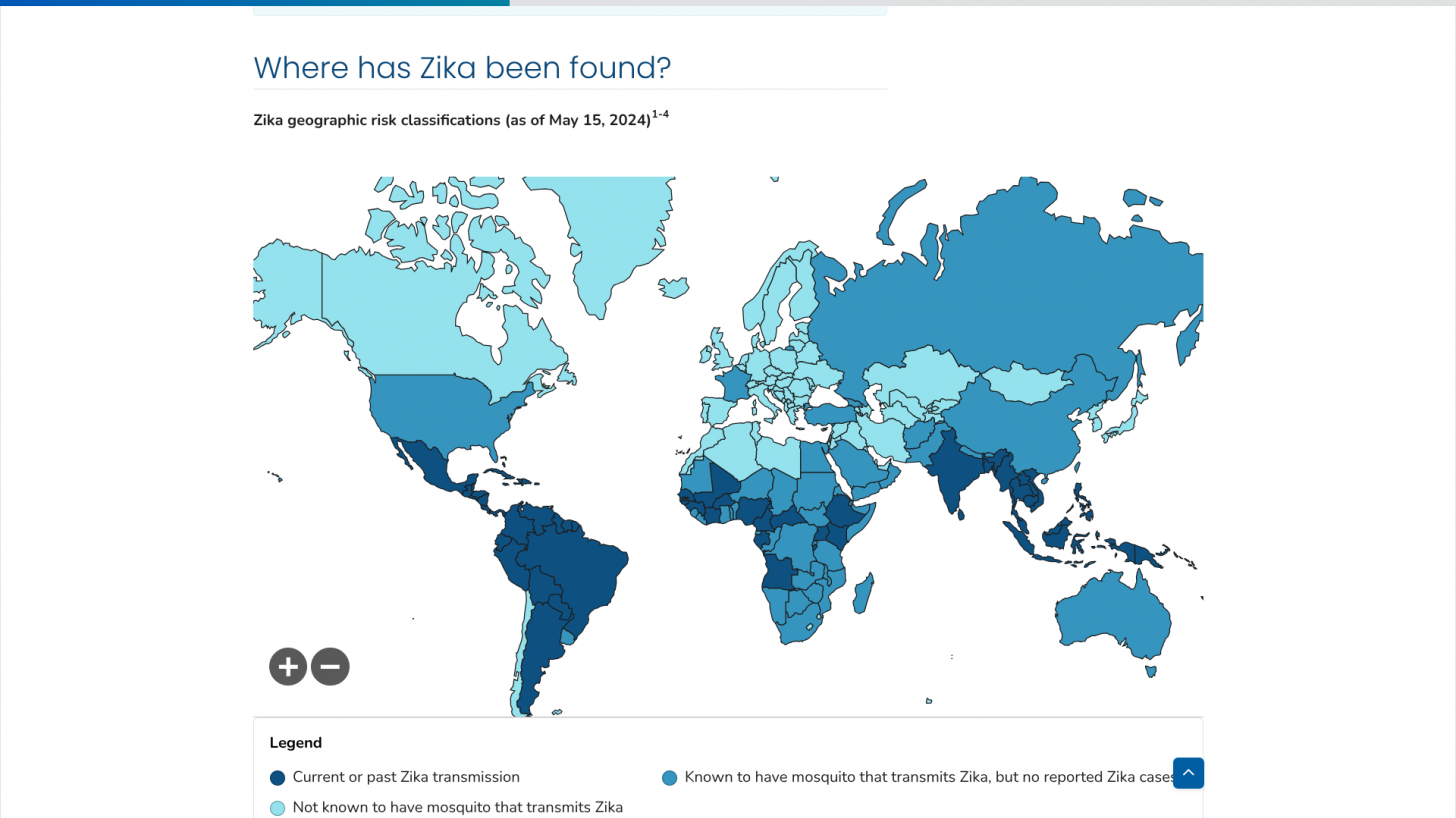
As of early April 2025, there is no active Travel Health Notice from the U.S. CDC to inform international travelers about health risks related to Zika virus outbreaks. This means thousands of travelers are visiting affected countries, unaware of the Zika's resurgence.
Since the peak of Zika in 2016, outbreak media coverage has significantly decreased, leaving travelers uncertain where to plan their next vacation.
To fill this information gap, the UK Travel Health Pro recently identified countries reporting unusually high mosquito-transmitted Zika cases.
By the end of 2024, 90 countries across Africa, Europe, the Americas, Southeast Asia, and the Western Pacific reported locally acquired cases of the Zika virus.
According to the Pan American Health Organization's Zika case dashboard as of April 3, 2025, Argentina, Brazil, and Bolivia are the South American countries with the highest number of Zika virus disease cases. In total, the Americas have reported 6,014 this year.
In Argentina, a total of 497 cases of Zika have been reported in 2025.
In Bolivia, 31 cases of Zika virus disease have been reported.
And in Brazil, a total of 5,517 Zika cases have been reported since the start of 2025. Last year, Brazil reported over 42,000 Zika cases.
Furthermore, the UK has confirmed that an increasing number of returning travelers have been infected with Zika. The most frequently reported country of travel was Thailand, followed by India.
In 2024, 16 Zika virus disease cases were reported in England, Wales, and Northern Ireland, a 100% increase from 2023.
The UK says most people infected with the Zika virus do not develop symptoms.
However, Zika infections in pregnant women can cause congenital Zika Syndrome, such as microcephaly and neurological complications, such as Guillain-Barré Syndrome.
These serious health concerns also apply to returning U.S. travelers, as 18 Zika cases were confirmed in 2024.
A recent discovery published in the journal Nature Communications helps explain why many people develop a weaker immune response to the Zika virus.
Published on March 25, 2025, these researchers identified the effects of Zika on the host T cell response, highlighting the need to factor such differences into the design of anti-flavivirus vaccines.
Since no approved Zika vaccines exist, the CDC and the UK advise travelers visiting Zika-endemic areas to avoid mosquito bites. Moreover, pregnant women are advised to postpone visiting at-risk regions.
This is one Zika vaccine candidate conducting clinical research, indicating another form of prevention is on the horizon.
Valneva SE's VLA1601 is a second-generation purified, inactivated, whole Zika virus vaccine candidate, conducting phase 1 research. Insights from this research are expected later in 2025.
Our Trust Standards: Medical Advisory Committee

